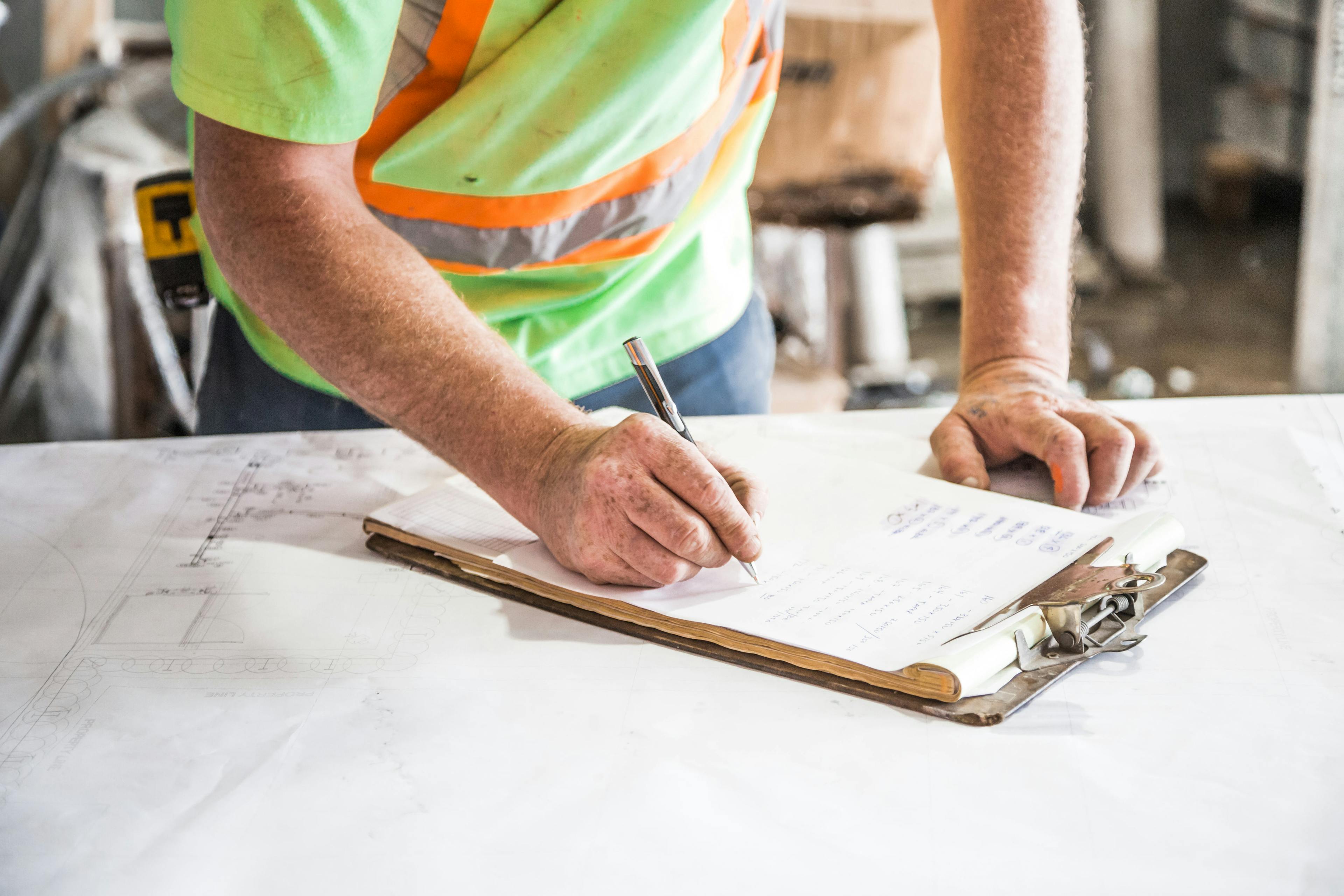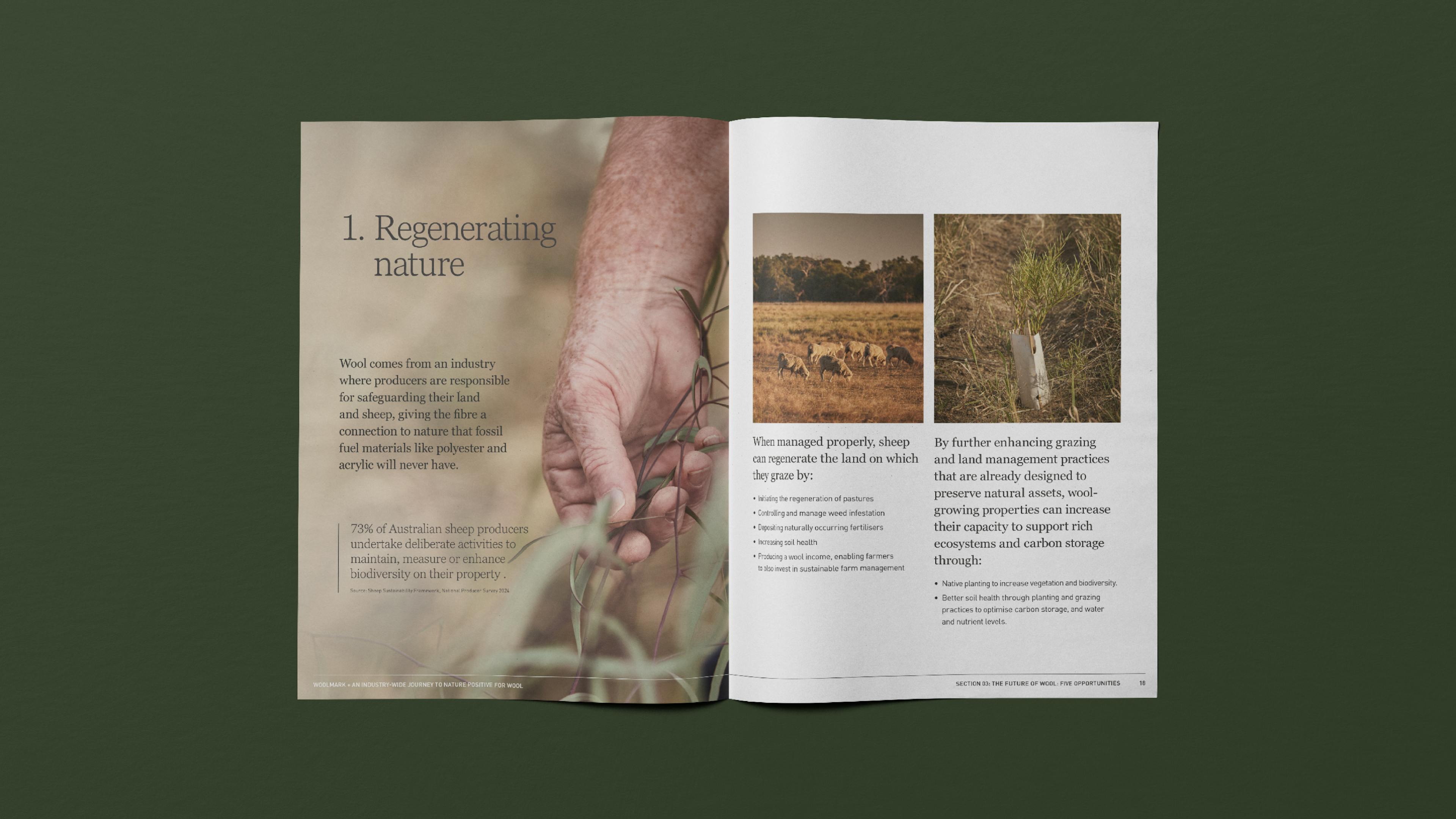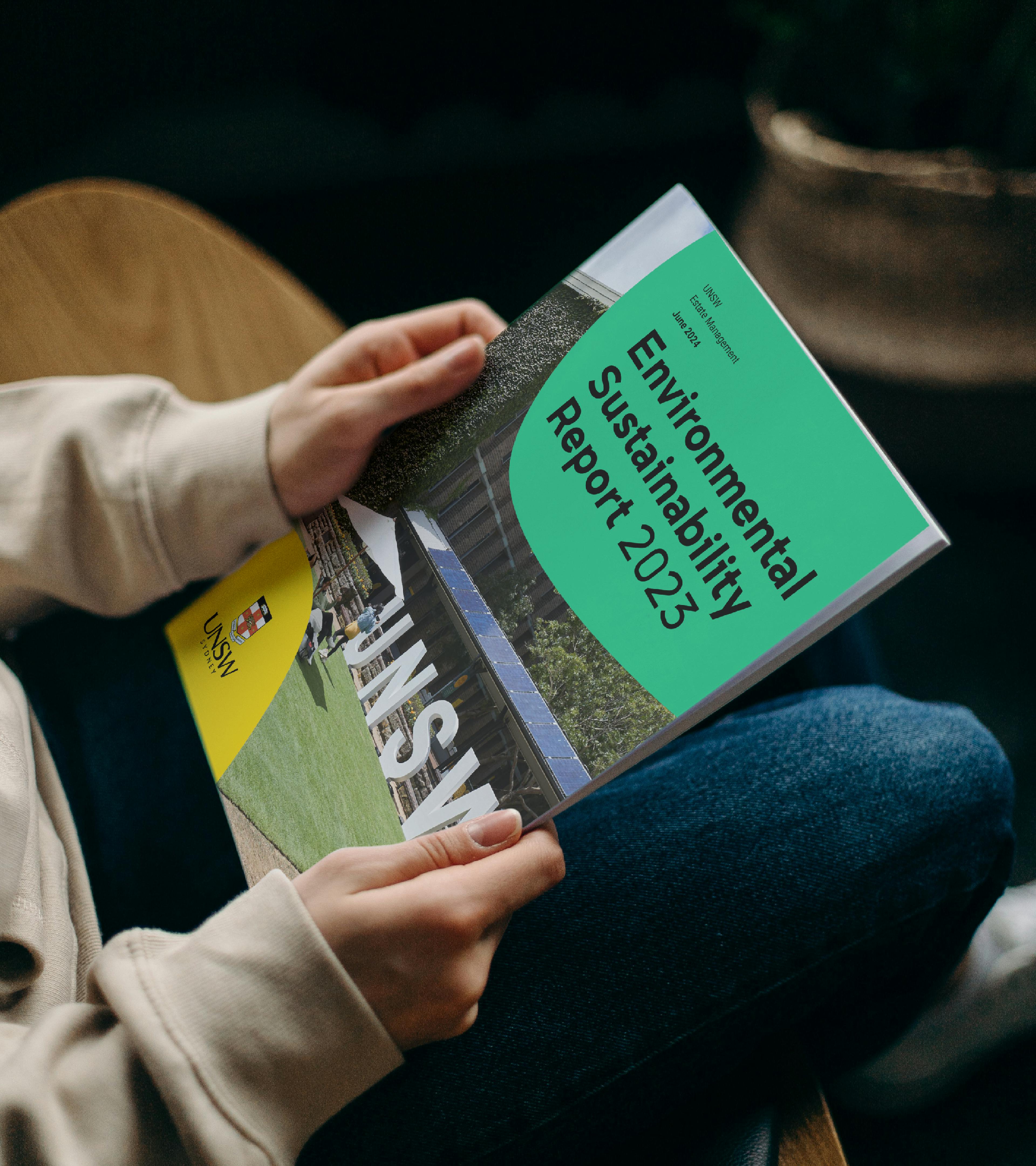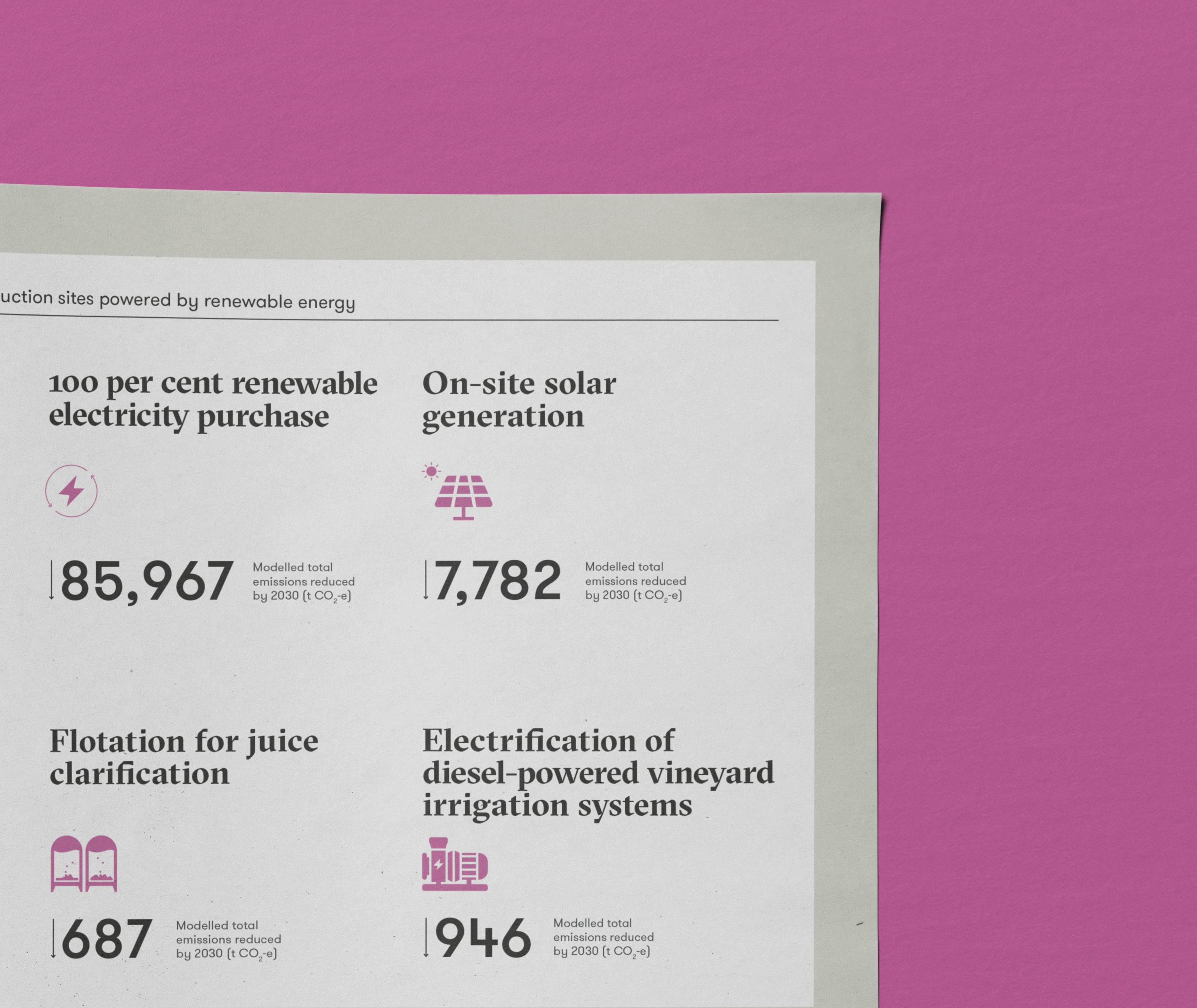
Holcim’s On-Demand Environmental Product Declarations
Custom EPDs for Concrete
A first-of-its-kind LCA calculator enabling project-specific EPD's across Australia
The Challenge
Holcim Australia set an ambitious goal: to provide transparent, third-party verified environmental impact data for its products, at scale and on demand.
As sustainability expectations rise globally, particularly around disclosure of greenhouse gas emissions, the construction industry is under pressure to provide accurate, project-specific data on embodied carbon.
Given that concrete is the second most consumed material in the world after water, and a major contributor to the embodied emissions of built assets, this initiative was both timely and necessary.
Yet the path forward wasn’t simple. Environmental Product Declarations (EPDs) offer valuable insights, but traditionally they haven't captured the unique mix compositions used across different sites, projects, or phases of construction.
Holcim needed a streamlined, flexible Environmental Product Declaration (EPD) Process, one that could generate mix-specific results using dynamic, regionalised data inputs.
To make this possible, Holcim worked with Edge to create a custom-built 3rd party verified Life Cycle Assessment (LCA) calculator that could integrate comprehensive background data, spanning raw materials, transport, manufacturing, and waste, and allow users to adjust key inputs like material quantities and recycling rates.
Key Deliverables
Background Models incorporating Holcim’s Operational Data
Custom 3rd Party Verified Life Cycle Assessment (LCA) Calculator
Ready-mix Concrete EPD Process Certification
The Approach
Edge Impact collaborated closely with Holcim Australia to design a bespoke Life Cycle Assessment (LCA) calculator capable of generating on-demand Environmental Product Declarations (EPDs).
Recognising the variability of concrete mix compositions across different projects and regions, we built the EPD Process Certification to accommodate these differences, enabling Holcim to deliver accurate, project-specific EPDs without the need for separate certifications for each variation.
Our team worked with Holcim to collect and map manufacturing and sales data across multiple regions, resulting in a robust, regionally responsive LCA model.
The tool aligns with relevant Product Category Rules (PCRs and c-PCRs), adheres to the General Programme Instructions (GPI v5.0), and meets the requirements of the Australasian EPD Programme (v4.2) regional annexes.
This flexible framework empowers Holcim to update inputs in real time, supporting more responsive, efficient, and scalable EPD generation in line with the dynamic needs of the cement and concrete industry.


The Result
Holcim Australia became the first company in the country to achieve EPD Process Certification, marking a major milestone in environmental transparency for the construction materials industry.
This innovation means Holcim can now deliver third-party verified Environmental Product Declarations (EPDs) on demand for any ready-mix concrete mix, across any project phase, from tender to design and construction.
This level of specificity empowers Holcim’s clients to make informed, evidence-based decisions around specification, procurement, and carbon reporting. For the first time, project teams can request and receive environmental data that reflects the actual mix delivered on site, supporting better sustainability outcomes and helping meet embodied carbon targets.
By embedding environmental intelligence into the early stages of design and procurement, Holcim is enabling a more responsive and accountable approach to materials selection, ultimately contributing to the broader decarbonisation of Australia’s built environment.
“It was an incredible honour to publish Australia’s first EPD for ready-mix concrete back in 2019. At the time, we knew we were taking an important step—but we had no idea how quickly the industry would embrace this level of transparency. The momentum was immediate. By 2020, we became the first company in Australasia to achieve third-party EPD Process Certification, enabling us to generate EPDs on demand and support a growing movement toward data-driven sustainability.
EPDs have fundamentally changed how we think about materials. They’ve brought clarity to the environmental impacts of our decisions and are helping shift the market toward lower-carbon, more responsible products. That transparency drives innovation, collaboration, and accountability across the entire supply chain. What’s most exciting is that we’re only just getting started.
We’re now seeing the emergence of powerful digital tools and AI platforms that use EPD data in real time—enabling governments, designers, and contractors to set bold embodied carbon targets with confidence and precision. Looking ahead, I believe EPDs will be the foundation of a smarter, more sustainable built environment. I can’t wait to see what becomes possible when data, ambition, and collective action come together.”
Evan Smith,
National Sustainability Manager - Sustainable Construction

Related case studies
Shaping the future of the Australian wool industry
Accelerating Nature-Positive Change with Australian Wool Innovation
Explore how Edge Impact helped AWI launch Woolmark+.

Nature impact and dependency assessment
UNSW’s supply chain reliance and impact on nature
We set out to unpack the nature-related impacts and dependencies through UNSW’s supply chain.

A comprehensive plan for lower emissions in winemaking
Wine Australia's Emissions Reduction Roadmap
An industry-led approach to cutting emissions while ensuring prosperity for grape growers and winemakers.


The Edge Round-Up
Get the latest sustainability insights, industry updates, and exclusive invites—straight to your inbox, once a month.
Join the list. Just enter your name and email.

